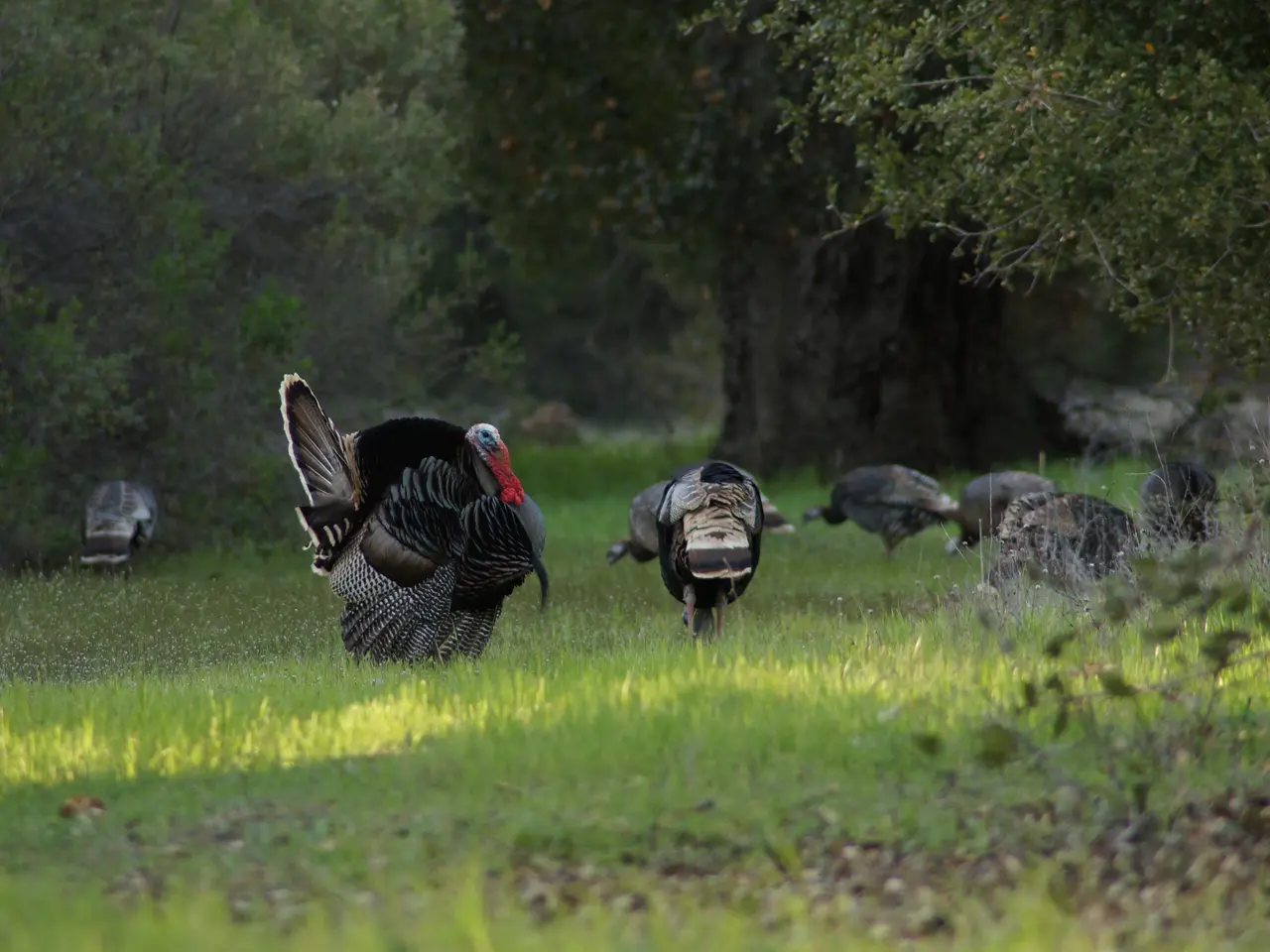Turkey Struggling with Fishing Dilemma
In the bustling city of Istanbul, where tradition and modernity intertwine, a quiet crisis is unfolding. The fishing industry, once a cornerstone of the city's economy, is facing a significant challenge as traditional fishermen grapple with the rise of industrial fishing and the control of middlemen.
Osman Bal, a 52-year-old traditional fisherman, is one of many who face financial struggles. Despite spending nearly four decades on the Bosphorus, Osman regrets his career choice. His son, Osman, often goes fishing alone, braving the danger, due to financial necessity.
Traditional boats in Istanbul operate under a payment system that results in fewer people doing more work for a larger share of the profit, worsening the working conditions for the crew. The system contrasts sharply with industrial fishers who offer fixed salaries, albeit with harder working conditions and longer trips away from home.
The fishing industry in Istanbul is economically vital, making up 15% of Turkey's total fishing economy. However, the COVID-19 pandemic has had a devastating impact, with less than 10% of small-scale vessels still operating, compared to a higher range for large-scale operations. This has led to financial difficulties for many traditional fishers, forcing some to sell their boats and join the ranks of industrial fishers.
The middlemen, a group controlling the capital and prices in the industry, take 15 to 25 percent commission. Despite their significant influence, they remain unaudited, further exacerbating the financial woes of traditional fishers.
Sebnem Bal, a 24-year-old from Istanbul, had to abandon her graphic design education due to financial hardship and now works as a cashier. The crisis in the fishing industry has rippled through the city, affecting not just the fishers but the wider community.
The government's pursuit of neoliberal economic policies, led by Recep Tayyip Erdoğan, has contributed to the expansion of industrial fishing, further threatening the traditional fishing industry.
In an attempt to comply with social-distancing restrictions, small-scale fishing has been in a state of crisis. The industry faces the threat of disappearance, with traditional fishers at risk of being marginalised.
Only six cooperatives out of 52 have selling spots in wholesale fish markets, controlling less than 10% of the total fish sold daily. This lack of representation further disadvantages traditional fishers in the face of industrial competition.
Despite these challenges, the resilience of traditional fishermen in Istanbul remains unbroken. Erdogan Kartal, a traditional fisherman for almost 40 years, notes that working conditions and earnings have significantly decreased over the years. Yet, he continues to fish, holding onto the hope that change will come.
The plight of traditional fishermen in Istanbul serves as a reminder of the importance of preserving traditional livelihoods and ensuring fair practices in the industry. As the city continues to evolve, it is crucial to remember the people who have shaped its history and economy, and to work towards a future that is fair and sustainable for all.
Read also:
- Growth Forecast for Solid-State Battery Market Valued at USD 14.9 Billion by 2033
- GAC Aion stepping up recruitment efforts in anticipation for global market expansion in China
- Top-Notch Books for Business Motivation: A Compulsory Reading List for Achieving Success
- Exploring Elon Musk's Wealth: Investigating the Billionaire's Monetary Domain








